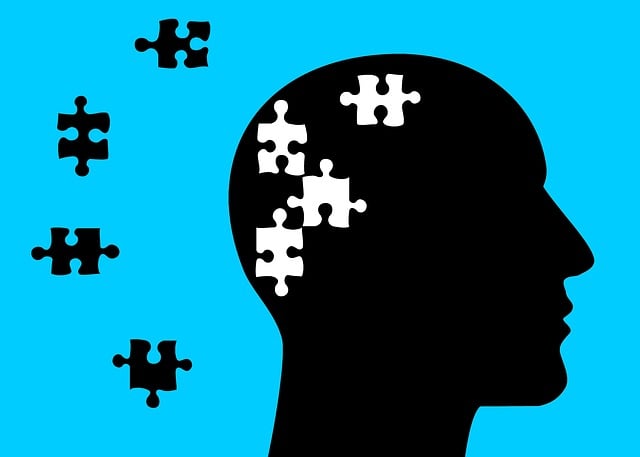Mental health advocacy drives inclusive communities supporting individuals with depression and anxiety through public campaigns and outreach. By promoting early intervention, advocates encourage access to evidence-based treatments like CBT, empowering people to manage their mental well-being effectively. These initiatives enhance society's understanding, lead to positive changes, and improve the quality of life for those facing mental health challenges, especially by organizing stress management workshops using CBT techniques and providing crisis intervention guidance.
Mental health advocacy is a vital initiative, shaping society’s understanding of wellness. This article explores the multifaceted role of advocates in promoting mental well-being. We delve into the significance of mental health advocacy initiatives, focusing on how they drive change and access to essential services. Furthermore, we highlight Cognitive Behavioral Therapy (CBT), a proven tool for adult wellness, and discuss strategies to enhance mental health support accessibility and awareness.
- Understanding Mental Health Advocacy: The Role in Society
- Cognitive Behavioral Therapy: A Powerful Tool for Adult Wellness
- Initiatives to Promote Access and Awareness for Mental Health Support
Understanding Mental Health Advocacy: The Role in Society

Mental health advocacy plays a pivotal role in creating a supportive and understanding society. It involves raising awareness about various mental health conditions, breaking down stigmas, and promoting early intervention and treatment. Advocacy initiatives work to ensure that individuals facing mental health challenges receive the necessary support, resources, and respect within their communities. These efforts are crucial in encouraging people to seek help for issues like depression, anxiety, and other common disorders, often treatable through therapy for adults, such as Cognitive Behavioral Therapy (CBT).
By fostering public awareness campaigns and community outreach programs, advocacy groups aim to develop inner strength among individuals, enabling them to recognize and manage their mental health effectively. Such initiatives facilitate open conversations about mental well-being, leading to better access to healthcare services and improved quality of life for those affected. Through education and engagement, these efforts drive positive change in society’s overall perception of mental health.
Cognitive Behavioral Therapy: A Powerful Tool for Adult Wellness

Cognitive Behavioral Therapy (CBT) stands out as a powerful tool for promoting adult wellness. This evidence-based therapy focuses on identifying and changing negative thought patterns, behaviors, and emotions that contribute to mental health issues. By targeting specific cognitive distortions, CBT equips individuals with effective coping strategies and enhances their ability to manage stress, anxiety, and depression.
For adults seeking to boost confidence and improve social interactions, CBT offers tailored interventions. Through structured sessions, therapy facilitates the development of healthy thinking habits, leading to better decision-making and a more positive self-perception. Moreover, it enables individuals to acquire essential social skills training, fostering meaningful connections and improving overall well-being. Risk management planning for mental health professionals is also integrated into CBT, ensuring a comprehensive approach to adult therapy.
Initiatives to Promote Access and Awareness for Mental Health Support

Mental health advocacy initiatives play a crucial role in promoting access to therapy for adults and enhancing overall well-being. One significant approach is through the organization of stress management workshops, which equip individuals with valuable tools for coping with daily stressors. These workshops often incorporate techniques like cognitive behavioral therapy (CBT), proven effective in treating various mental health concerns. By raising awareness about available resources and demystifying the process of seeking help, these initiatives foster an environment where adults feel empowered to prioritize their mental health.
Additionally, crisis intervention guidance forms a vital component of advocacy efforts. Training professionals and community members to recognize warning signs and provide immediate support during crises can prevent escalating issues. This proactive approach ensures that those in need have accessible resources for managing acute stress or emotional distress, ultimately leading to better long-term mental health outcomes.
Mental health advocacy plays a pivotal role in creating a more supportive society. By understanding the importance of mental well-being, initiatives focused on access and awareness can significantly impact lives. Cognitive Behavioral Therapy (CBT), a highly effective approach, offers adults valuable tools to manage their mental health. Through continued efforts to promote CBT as a therapy for adults and enhance accessibility to mental health support, we can foster healthier communities and improve overall wellness.










